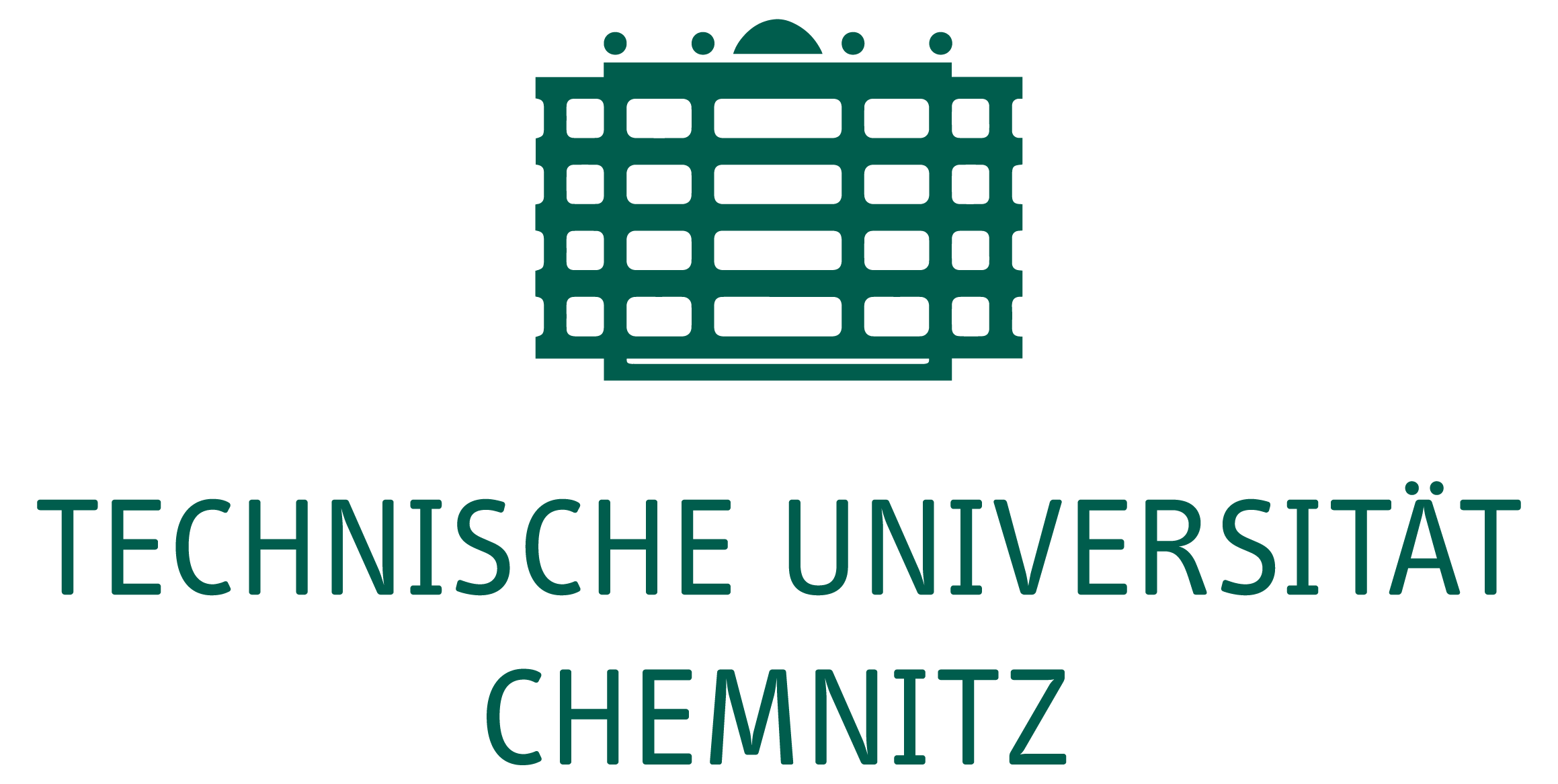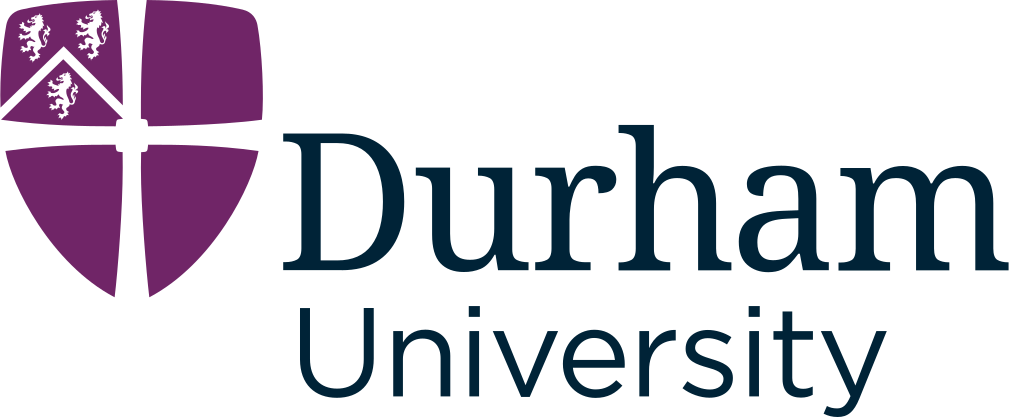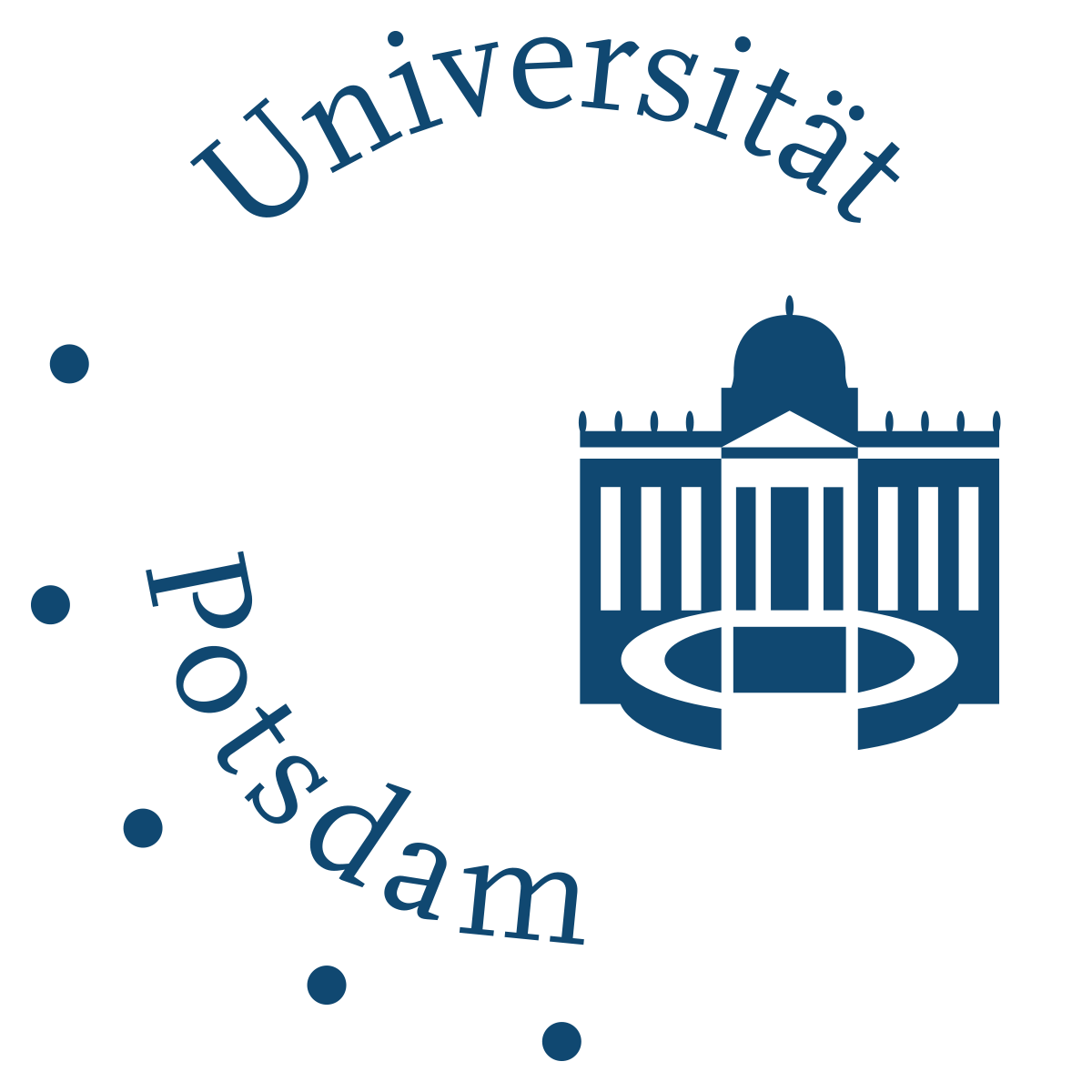Open Positions
The Research Unit POPULAR on Printed & Stable Organic Photovoltaics (FOR5387)
will offer 13 positions as Doctoral Researcher / PhD student starting April 1, 2023. The employment contract
is at least for 36 months, and can be extended.
The research team of FOR5387 is a collaborative project between Chemnitz University of Technology, University Augsburg, University Bayreuth,
TU Dresden, Friedrich-Alexander University Erlangen-Nürnberg, University Heidelberg, University Potsdam, and University Durham, UK. It is funded
by Deutsche Forschungsgemeinschaft. Our research work will focus on the production and investigation of printed efficient organic solar cells.
In order to understand and further develop this class of photovoltaic devices from a fundamental perspective, the Research Unit takes a strongly
interdisciplinary approach and brings together researchers from chemistry and materials science as well as physics, computational science and
mathematics to printing technology.
General requirements for the applicants
- Very good university degree (M.Sc. or equivalent) in chemistry, physics, materials sciences, electrical/mechanical engineering, computational science, or mathematics
- Strong motivation to independently conduct research and to work in interdisciplinary collaborations
- Good written and verbal communication skills in the English language
- One-page motivation letter specifying your reasons for joining our team and in what way you fulfil the requested qualifications, which two of the thirteen topics of FOR5383 you are most interested in and why.
We encourage women to apply and we welcome applications from candidates with disabilities.
Recruitment and working conditions: The positions will be located in Chemnitz (7 positions), Bayreuth (1), Dresden (1), Erlangen (2),
Augsburg (1), and Potsdam (1). Each doctoral researcher will be recruited under an employment contract with one of these universities and will work on
an individual research project. He/she will be enrolled in a doctoral programme, and will pursue a doctoral degree. The period of employment will be
governed by the Fixed Term Research Contracts Act (Wissenschaftszeitvertragsgesetz-WissZeitVG).
The application should include your CV, your one-page motivation letter as described in the
General requirements, your Master/diploma certificate and transcript of grades and, if available, a link to your Master’s or diploma thesis.
Please submit your complete application
to ed.sciatlovotohp-detnirp-ralupop)ta(sboj
as a single pdf-document quoting the project number(s) FOR5387-Xx
(see below) in the subject header. The closing date for applications is January 31st, 2023. The recruitment process will continue until the
positions are filled and applications after the deadline may be also considered.
List of positions
All 13 open positions, with their project number and specific requirements are listed below:
- Doctoral Researcher for project #FOR5387-P1 (PI: Prof. Dr. Michael Sommer, TU Chemnitz)
- Thesis Topic: Synthesis of donor-acceptor multiblock cooligomers
- Specific requirements: Good experience in handling organic syntheses and characterization of products (cross-coupling reactions, working under inert
atmosphere, NMR spectroscopy, chromatography)
- Job located at TU Chemnitz, for details see individual job offer
- Doctoral Researcher for project #FOR5387-P2a (PI: Prof. Dr. Arved Hübler, TU Chemnitz)
- Thesis Topic: Life-time-relevant interaction of materials and printing process parameters
- Job located at TU Chemnitz
- Doctoral Researcher for project #FOR5387-P2b (PI: Prof. Dr. Arved Hübler, TU Chemnitz)
- Thesis Topic: Life-time-relevant interaction of materials and printing process parameters
- Job located at TU Chemnitz
- Doctoral Researcher for project #FOR5387-P3a (PIs: Prof. Dr. Carsten Deibel, TU Chemnitz and Prof. Dr. Roderick MacKenzie, Durham, UK)
- Thesis Topic: Impact of morphology on loss mechanisms in printed solar cells: 2D luminescence mapping by experiment and simulation
- Specific requirements: Good understanding of semiconductor physics, enjoying experimental characterisation of semiconductors – ideally by luminescence – and having fun with performing semiconductor device simulations – ideally with coding experience
- Job located at TU Chemnitz, for details see individual job offer
- Doctoral Researcher for project #FOR5387-P3b (PIs: Prof. Dr. Carsten Deibel, TU Chemnitz and Prof. Dr. Roderick MacKenzie, U Durham, UK)
- Thesis Topic: Impact of morphology on loss mechanisms in printed solar cells: steady state and frequency domain experiments and simulations
- Specific requirements: Good understanding of semiconductor physics, rejoicing to perform experiments – ideally with experience in frequency domain methods – and enjoying to model experiments with drift–diffusion device simulations - ideally having some experience in machine learning
- Job located at TU Chemnitz, for details see individual job offer
- Doctoral Researcher for project #FOR5387-P4 (PIs: Prof. Dr. Safa Shoaee and Prof. Dr. Dieter Neher, U Potsdam)
- Thesis Topic: Optoelectronics and characterisation of printed organic solar cell
- Specific requirements: Experimentalist; graduate in Physics, Chemical Physics, or Materials Science
- Job located at U Potsdam
- Doctoral Researcher for project #FOR5387-P5 (PI: Prof. Dr. Eva M. Herzig, U Bayreuth)
- Thesis Topic: Nanomorphology: characterisation, homogeneity and stability of printed solar cells
- Specific requirements: Experience with sample preparation and characterization, ability to interpret data and improve experimentation, interest in structure formation mechanisms on the nanoscale, programming and data visualization skills, experience in hardware development of advantage
- Job located at U Bayreuth, for details see individual job offer
- Doctoral Researcher for project #FOR5387-P6a (PIs: Prof. Dr. Martin Stoll, TU Chemnitz, and Prof. Dr. Roland Herzog, U Heidelberg)
- Thesis Topic: Fast numerical methods for the simulation of morphology formulation in organic solar cells
- Specific requirements: The successful candidate will work on numerical methods (preconditioned numerical linear algebra) for phase field models that describe the formation of electric structure in the cells. A solid background in numerical methods with a focus on partial differential equations and experience with numerical software is a plus.
- Job located at TU Chemnitz
- Doctoral Researcher for project #FOR5387-P6b (PIs: Prof. Dr. Jan-Frederik Pietschmann, U Augsburg, and Prof. Dr. Roland Herzog, U Heidelberg)
- Thesis Topic: Modelling organic solar cell production via a phase field approach
- Specific requirements: The successful candidate will work on phase field models that describe the formation of electric structure in the cells, taking into account the external influences due to the printing process. A solid background in mathematical modelling and/or phase field models is a plus.
- Job located at U Augsburg
- Doctoral Researcher for project #FOR5387-P7 (PIs: Prof. Dr. Dietrich Zahn, TU Chemnitz)
- Thesis Topic: Correlation between electronic and optical properties of materials used in printed organic solar cells
- Specific requirements: Good understanding of semiconductor physics, enjoying experimental characterisation of semiconductors – ideally by electron and optical spectroscopies
- Job located at TU Chemnitz, for details see individual job offer
- Doctoral Researcher for project #FOR5387-P8 (PI: Prof. Dr. Yana Vaynzof, TU Dresden/IFW)
- Thesis Topic: Influence of inhomogeneities on the performance and stability of organic solar cells
- Specific requirements: Experience with photoemission spectroscopy and processing of organic materials
- Job located at TU Dresden/IFW
- Doctoral Researcher for project #FOR5387-P9a (PIs: Prof. Dr. Christoph Brabec, U Erlangen, and Prof. Dr. Ning Li, HI ERN and South China University of Technology)
- Thesis Topic: The impact of selective spectral illumination on the degradation kinetics of printed organic solar cells: identifying molecular instable motifs with advanced machine learning methods
- Specific requirements: Good understanding of the physics and chemistry of organic solar cells, enjoying analysis of solar materials and characterization of solar devices, enjoying preparation and optimization of solar cells with robot based setups, interest in high throughput experimentation, interest in Machine Learning algorithms like GPR for feature recognition. Not afraid of using coding (MatLab, Python) in a Jupyter notebook environment.
- Job located at U Erlangen
- Doctoral Researcher for project #FOR5387-P9b (PIs: Prof. Dr. Christoph Brabec, U Erlangen, and Prof. Dr. Ning Li, HI ERN and South China University of Technology)
- Thesis Topic: The impact of thermal stress on the burn-in degradation kinetics of printed organic solar cells: identifying governing principles stabilizing the interface to charge extraction layers with high throughput experimentation
- Good understanding of the physics and chemistry of organic solar cells, enjoying analysis of solar materials and characterization of solar devices, enjoying preparation and optimization of solar cells with robot based setups, interest in high throughput experimentation, interest in Machine Learning algorithms like GPR for feature recognition. Not afraid of working with databases and using coding (MatLab, Python) in a Jupyter notebook environment.
- Job located at U Erlangen







